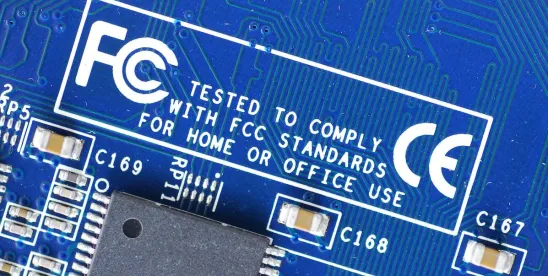Chairwoman Rosenworcel Announces Departure from FCC
During the November 21st Open Meeting, Chairwoman Rosenworcel announced she would be leaving the FCC on January 20, 2025. In a public statement following the meeting, the Chairwoman stated her accomplishments during her tenure at the agency, including launching the FCC’s Space Bureau, shoring up national security, and bringing high-speed broadband to millions of new households and students during the pandemic. Current commissioner Brendan Carr has been appointed by the incoming Trump Administration to be the next Chair of the FCC.
Supreme Court to Review Constitutionality of USF
The U.S Supreme Court will review whether the FCC has the constitutional authority to assess fees on telecom companies to subsidize phone and broadband services through the Universal Service Fund (USF). The court will also decide whether the Commission properly delegated this authority to a private company, the Universal Service Administrative Co., which manages the collection and distribution of the USF program. By agreeing to review the issue, the court will likely resolve a circuit court split between the Fifth and Sixth circuits on whether Congress exceeded its constitutional authority under the non-delegation doctrine.
4.9 GHz Order Effective Date Established
Final rules assigning a nationwide overlay license to a Band Manager to coordinate operations in the 4.9 GHz band will be effective on December 20th, 2024. In the Eighth Report and Order, the FCC approved rules permitting the Band Manager to enter into sharing agreements with the First Responder Network Authority (FirstNet) to manage unassigned spectrum in the band, as well as assume responsibility for frequency coordination, interference protection, and incentivizing the use of new technologies in the band.
FCC Releases Final Rules for 5.9 GHz Band
The FCC released final rules for managing cellular vehicle-to-everything (C-V2X) technology on the remaining 30 MHz of the 5.9 GHz band, which facilitates the implementation of roadside communications between vehicles, infrastructure, cyclists, and other pedestrians. The rules focus on codifying technical power and emissions thresholds, as well as prioritization standards. Licensees that have already been granted waivers to operate on the 5.9 GHz band will continue to have access, while the FCC plans to sunset Dedicated Short Range Communications (DSRC) technology.
Sen. Cruz Questions BEAD Funding, Digital Equity Act
In two separate letters addressed to the National Telecommunications and Information Administration (NTIA), Sen. Ted Cruz (R-TX) requested the agency put holds on BEAD funding disbursements to eligible states as well as the $2.75 billion used under the Digital Equity Act to address gaps in broadband deployment. Through the Senate Commerce Committee, Cruz stated he would review the BEAD program and scrutinize NTIA’s selection of “priority broadband projects” and climate mandates. Additionally, he asked the NTIA to eliminate the Digital Equity Competitive Grant Program due to asserted unconstitutional race-based criteria used to administer broadband projects.
Additional Authors: Thomas B. Magee, Tracy P. Marshall, Sean A. Stokes, and Wesley K. Wright







 />i
/>i
